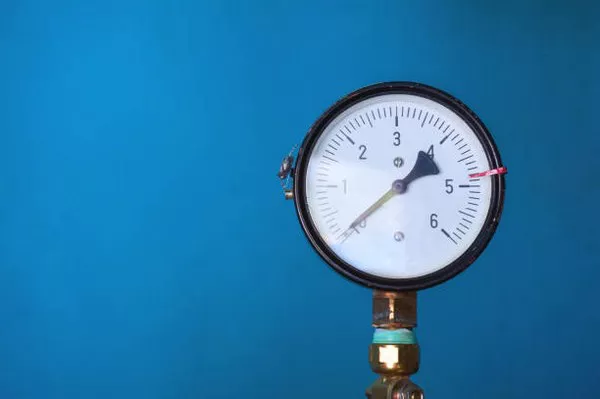A barometer is an essential instrument used to measure atmospheric pressure, providing crucial insights into weather patterns and changes. Traditionally, mercury barometers have been the standard due to their accuracy and reliability. However, concerns over mercury’s toxicity have led to the development and use of alternative types of barometers, such as water barometers. While water barometers offer some advantages, they also come with several disadvantages when compared to their mercury counterparts.
1. Sensitivity and Precision
Mercury barometers are renowned for their sensitivity to small changes in atmospheric pressure. Mercury’s density allows for precise measurements, making it ideal for detecting subtle variations in pressure that can indicate weather changes. In contrast, water barometers, while capable of measuring atmospheric pressure, are generally less sensitive due to water’s lower density compared to mercury. This reduced sensitivity can limit the accuracy of pressure readings, especially in environments where rapid pressure changes occur.
2. Size and Portability
Another significant disadvantage of water barometers is their size and portability. Mercury barometers are compact and portable, making them suitable for various applications, including fieldwork and meteorological observations in remote locations. In contrast, water barometers typically require larger containers due to water’s lower density and the need for a longer column to achieve the same pressure measurement as a mercury column. This larger size makes water barometers less practical for portable use and limits their application in certain settings.
3. Evaporation and Temperature Sensitivity
Water barometers are more prone to evaporation compared to mercury barometers. Evaporation can lead to inaccuracies in pressure readings over time, especially in environments with fluctuating temperatures. Changes in temperature can also affect water density, potentially altering the height of the water column and resulting in inaccurate pressure measurements. Mercury, on the other hand, is less affected by temperature changes, contributing to more stable and reliable readings over extended periods.
4. Maintenance and Stability
Maintaining the stability of a water barometer can be challenging due to factors such as evaporation and the presence of air bubbles in the water column. Air bubbles can interfere with pressure measurements, requiring careful maintenance and periodic recalibration. Mercury barometers, while also requiring maintenance, are generally more stable over time and less prone to issues caused by air bubbles or evaporation. This stability contributes to their reliability in providing consistent pressure readings over extended periods.
5. Toxicity and Environmental Impact
One of the primary reasons for the development of water barometers as an alternative to mercury barometers is the toxicity of mercury. Mercury is a hazardous substance that poses health risks if spilled or improperly handled. In contrast, water is non-toxic and environmentally friendly, eliminating the risks associated with mercury exposure. However, while water barometers address the issue of toxicity, they do not completely replace mercury barometers in all applications due to their aforementioned limitations in sensitivity and precision.
6. Historical and Cultural Significance
Mercury barometers have a rich historical and cultural significance, having been used for centuries as essential tools in meteorology and scientific research. Their design and functionality have contributed to significant advancements in understanding atmospheric pressure and weather phenomena. Water barometers, while offering a safer alternative in terms of toxicity, do not carry the same historical legacy or scientific prestige as mercury barometers.
See Also WHY MERCURY IS PREFERRED OVER WATER IN BAROMETERS
Conclusion
In conclusion, while water barometers offer a safer alternative to mercury barometers in terms of toxicity and environmental impact, they come with several disadvantages that limit their widespread adoption. These disadvantages include reduced sensitivity and precision, larger size and reduced portability, susceptibility to evaporation and temperature sensitivity, as well as challenges in maintenance and stability. Despite these drawbacks, ongoing advancements in barometer technology may continue to improve the performance and reliability of water barometers, potentially expanding their application in specific niche areas where mercury barometers are not suitable. However, for now, mercury barometers remain the preferred choice for many applications requiring accurate and sensitive measurements of atmospheric pressure.

